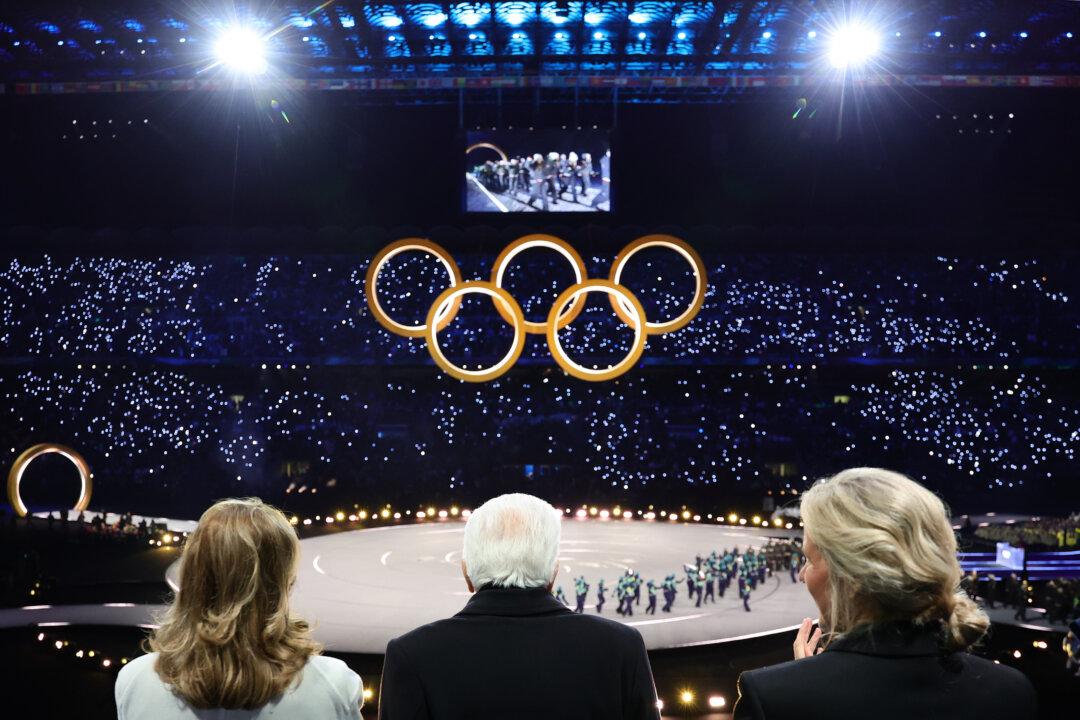NICOSIA, Cyprus—European Union leaders seek a mutually binding deal with Turkey to stem the flow of migrants by sea to Greece. But several nations stand in the way of such a pact — and tiny Cyprus could pose the greatest diplomatic challenge of all.
Leaders of the EU’s 28 divided nations plan to reconvene in Brussels this week in hopes of ironing out disagreements on a proposed agreement with Turkey. Their tentative agreement struck March 7 would allow Greece to return migrants to Turkey as Europe opens new routes for pre-screened migrants to seek asylum legally.
But Turkey demands big concessions from Europe in return, particularly on its long-held dream of joining the EU, an idea viewed with trepidation by many Europeans. Nowhere does mistrust run higher than in neighboring Cyprus, which has been divided into a Greek Cypriot south and militarized Turkish Cypriot north since 1974.
Cyprus announced Tuesday it has no intention of permitting full negotiations for Turkey’s EU membership — a position that could scuttle the whole deal. Each EU member must consent to any deal.
European Council President Donald Tusk arrived in the Cypriot capital, Nicosia, seeking to soothe government nerves over a proposed package that would include renewed negotiations on Turkish EU membership.
Cyprus President Nicos Anastasiades told Tusk his government would not concede on this key point. He called EU pressure seeking Cypriot acquiescence on the matter “unwarranted, counterproductive and not to mention unacceptable.”






